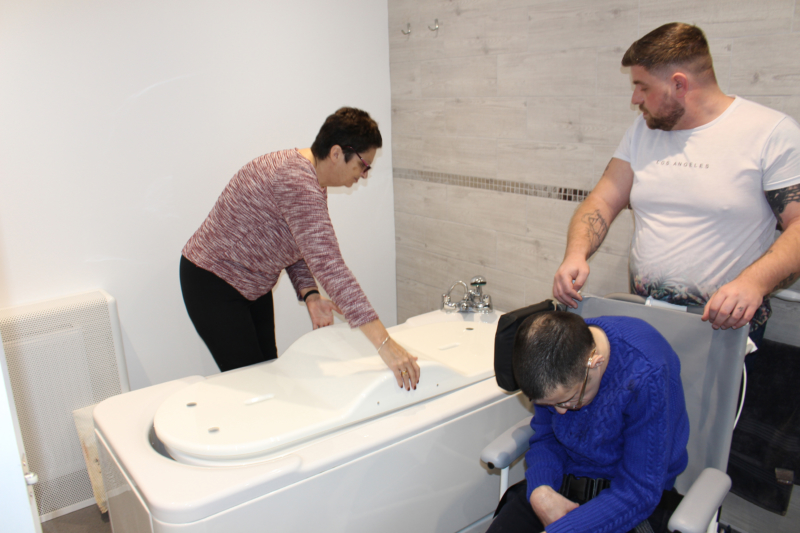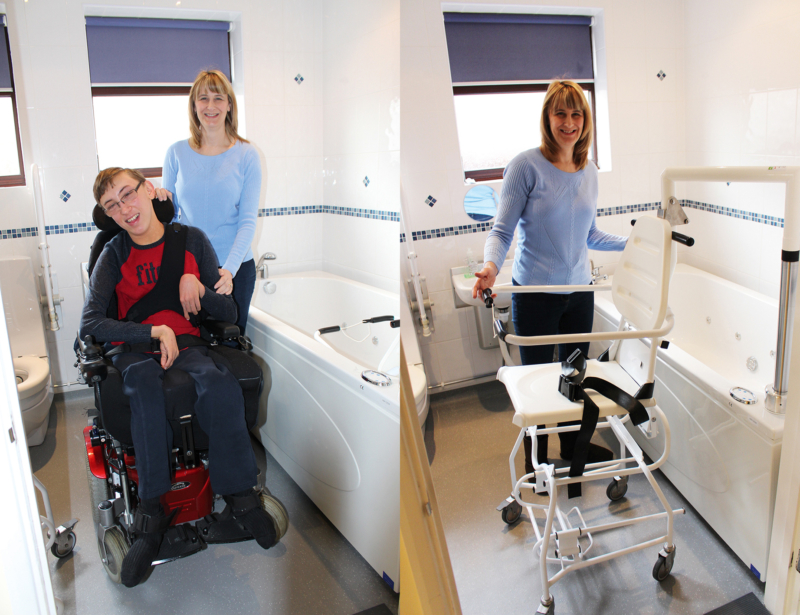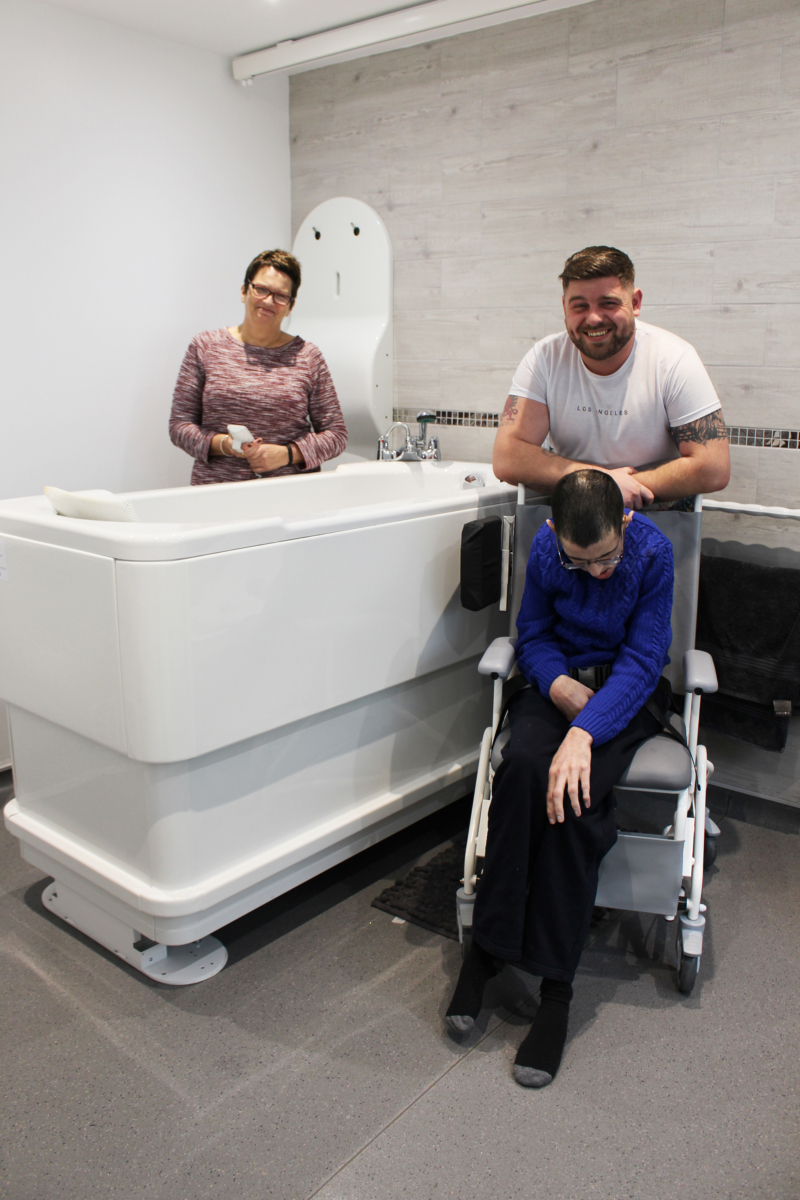Carers and Bathing: Care for the carers too
Carers support individuals with many activities but bathing can be one of the most complex daily living activities to support, both physically and emotionally. So why is it important to find solutions and what could these be?
Who is a carer?
A carer can be anybody who supports someone who cannot cope without support. The type of support can vary considerably, depending on the individual’s needs. It can take an average of two years for a carer to recognise their caring role [1]. There is a risk for individuals and carers to be unable to differentiate between their relationship to their caring role [2], especially if it is a role that has evolved over time.
In 2011 there were 6.5 million unpaid carers in the UK [3] and whilst we wait for the most recent census findings, there have been other surveys conducted that estimate this figure to be considerably higher. The Covid-19 pandemic restrictions have, without doubt, considerably impacted on the most vulnerable. Carers UK conducted two surveys in 2020 which highlighted an increase in the informal care provided since the pandemic [3,4].

What challenges do unpaid carers face?
It is possible that there are many individuals receiving informal care support without the right equipment, no formal care or financial support. This could impact on the carer in many ways, such as:
- physical health
- relationships
- mental health wellbeing, due to increased feelings of stress, loneliness, and isolation
- paid employment and associated financial implications
- educational studies [5]
Over a period of time, without the right support, there is an increased risk of the situation breaking down for the individual with care needs, as well as the carer’s needs being impacted upon. Both parties’ quality-of-life outcomes could be significantly impacted and operating at a satisfactory level may not be sustainable. For example, unsafe access to the traditional bathing facilities could increase the physical support a carer provides, thereby increasing risk of injury and overall stress levels.

Legislation
Local authorities have a legal duty to assess whether an individual with needs requires support to help them live their day-to-day life under the Care Act 2014 [6] and Children and Families Act 2014 [7]. If an individual receives support from an informal carer a carer’s assessment should be completed.
An individual’s personal hygiene is essential and what must be considered is how best to meet their overall wellbeing. A client centred approach should encompass factors such as previous familiar routines, values, preference, fears, the physical and psychological benefits, supporting the carer’s needs.
Informal carers provide a hugely important role in supporting the health and social care system. Carers Week, 2021 aim is to help carers feel ‘visible and valued’.

What are the possible bathing solutions?
Bathing solutions such as adjustable height baths, integrated platforms, power assisted seats, hoist accessible baths are features which can reduce repetitive movements, twisting, bending, overreaching. Abacus offer various bathing solutions to reduce the overall carer handling tasks to promote safer and efficient access of the bathing facilities, which in turn will maintain a person’s dignity and offer a more positive bathing experience. Having the right bathing equipment to meet an individual’s physical and emotional needs will inevitably assist in the overall delivery of care for both the individual and their carer.
References
[1] NHS Choices (2014); Understanding Carers; Retrieved from: http://www.nhs.uk/CarersDirect/understanding-carers/Pages/understanding; accessed on 18/05/2021
[2] NHS England; NHS England’s Commitment to Carers (May 2014); Retrieved from: commitment-to-carers-may14.pdf (england.nhs.uk); accessed on 18/05/2021
[3] Carers UK online; Caring behind closed doors: Forgotten families in the coronavirus outbreak (April 2020) Available from: Caring_behind_closed_doors_April20_pages_web_final.pdf (carersuk.org) accessed on 18/05/2021
[4] Carers UK online; Caring behind closed doors: six months on (October 2020) Available from: Caring_behind_closed_doors_Oct20.pdf (carersuk.org) accessed on 18/05/2021
[5] Carers UK online; carers week 2020 research report: rise in the number of unpaid carers during the coronavirus outbreak; available from: CW_2020_Research_Report_WEB.pdf (carersuk.org) accessed on 18/05/2021
[6] Care Act (2014); available from: Care Act 2014 (legislation.gov.uk) Accessed on: 18/05/2021
[7] Children and Families Act (2014); available from: Children and Families Act 2014 (legislation.gov.uk) ; Accessed on: 18/05/2021

